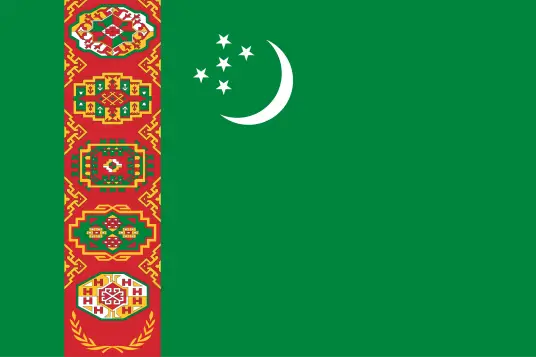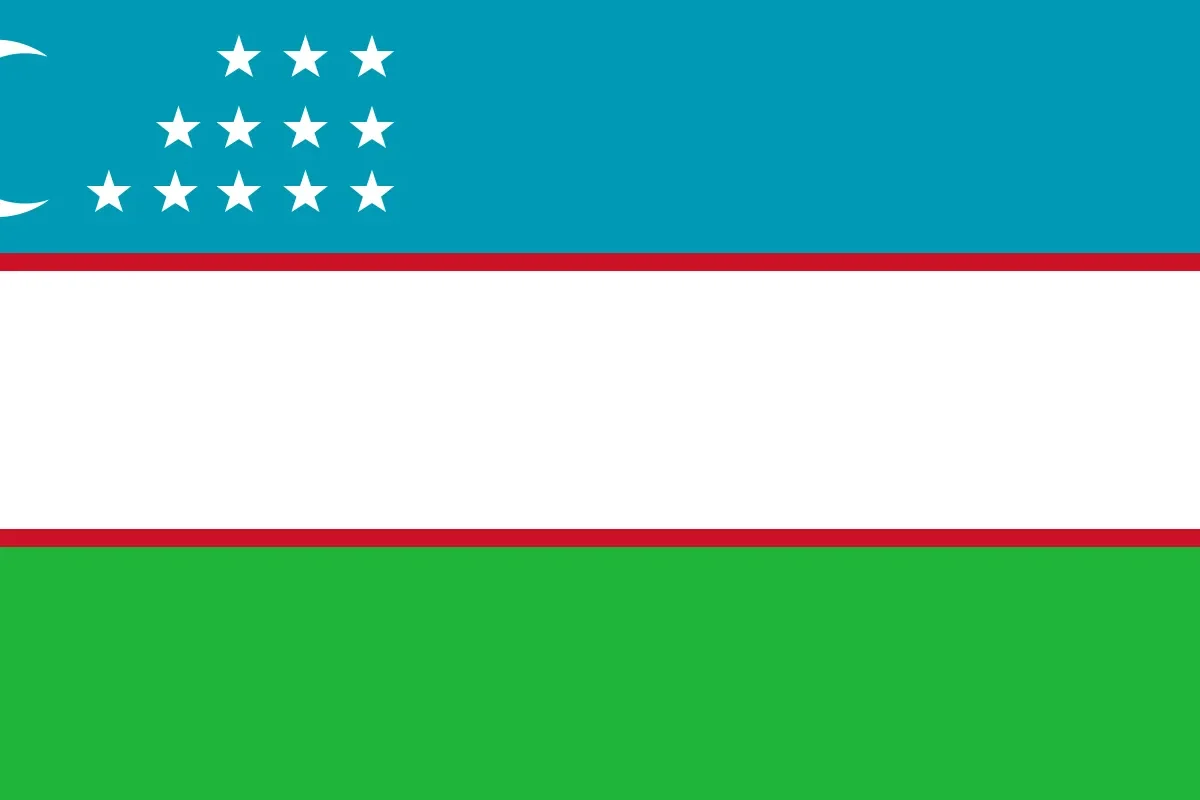The Asia-Pacific Commerce and Industry Confederation (APCIC) is pleased to present this comprehensive guide to France, a global leader in innovation, industry, and culture. This report explores France’s economic landscape, key industries, trade policies, taxation framework, and strategic recommendations to help APCIC members seize opportunities in one of Europe’s largest economies.
1. Wirtschaftlicher Überblick
France, a member of the European Union and the G7, is the world’s seventh-largest economy with a GDP of approximately $3 trillion in 2023. Its strategic location, robust infrastructure, and skilled workforce make it a key player in global trade and investment.
Wichtige Wirtschaftsindikatoren:
- BIP-Wachstum: Estimated at 1.2% in 2023, reflecting recovery and resilience amid global economic challenges.
- Bevölkerung: Approximately 68 million, with a high standard of living and significant consumer purchasing power.
- Inflationsrate: Stabilized at 5%, following government measures to control energy and food prices.
2. Schlüsselindustrien
France’s economy is diverse and competitive, with strengths in both traditional and emerging sectors:
- Aerospace and Defense: France is a global leader, home to major companies like Airbus and Dassault Aviation.
- Luxury Goods and Fashion: Leading the global luxury market with renowned brands like LVMH, Hermès, and Chanel.
- Automobilindustrie: A key player in electric and hybrid vehicles, with companies like Renault, Peugeot, and Citroën.
- Agriculture and Food Processing: Europe’s largest agricultural producer and a top exporter of wine, cheese, and other gourmet products.
- Technologie und Innovation: France is advancing in AI, fintech, and biotech, supported by strong government R&D incentives.
- Erneuerbare Energie: Investments in wind, solar, and nuclear energy align with France’s goal to achieve carbon neutrality by 2050.
3. Handelspolitische Maßnahmen
As a member of the European Union, France’s trade policies reflect EU standards and agreements:
- Single Market: Provides seamless access to the EU’s 27 member states, comprising over 450 million consumers.
- Freihandelsabkommen (FTAs): EU-negotiated FTAs with countries like Japan, South Korea, and Canada facilitate trade.
- Zollwesen und Handelserleichterung: Harmonized standards within the EU simplify imports and exports.
- Sustainability Standards: France emphasizes environmentally and socially responsible trade practices.
4. Steuerlicher Rahmen
France has a competitive tax system designed to attract foreign investment while ensuring fiscal sustainability:
- Körperschaftssteuer: Reduced to 25% in 2023, with lower rates for small businesses.
- Mehrwertsteuer (VAT): Standard rate of 20%, with reduced rates for essential goods and services.
- Persönliche Einkommensteuer: Progressive rates ranging from 0% to 45%, depending on income levels.
- Investitionsanreize: Generous tax credits for R&D, green energy, and industrial modernization projects.
5. Investitionsklima
France offers a highly attractive investment environment:
- Strategischer Standort: France is a gateway to Europe, Africa, and the Middle East, supported by a robust transportation network.
- Qualifizierte Arbeitskräfte: High levels of education and training, particularly in science, engineering, and technology fields.
- Innovation und F&E: France invests 2.3% of its GDP in research and development, fostering a vibrant innovation ecosystem.
- Infrastruktur: State-of-the-art logistics, digital infrastructure, and world-class airports and seaports.
- Business-Friendly Reforms: Recent reforms in labor laws and business regulations enhance the ease of doing business.
6. Strategische Empfehlungen
For APCIC members looking to engage with the French market:
- Invest in High-Tech Industries: Explore opportunities in AI, green energy, and biotech, aligning with France’s innovation priorities.
- Leverage the Luxury Sector: Partner with French firms to tap into the global demand for high-end fashion and cosmetics.
- Participate in Renewable Energy Projects: Contribute to wind, solar, and hydrogen energy initiatives supported by government incentives.
- Engage in Agriculture and Food Processing: Invest in sustainable farming and gourmet food production, targeting export markets.
- Expand in Infrastructure and Transportation: Collaborate on urban development and smart city projects to benefit from public-private partnerships.
Fazit
France’s strategic location, robust economy, and emphasis on innovation make it an ideal destination for trade and investment. APCIC members are encouraged to utilize this guide to navigate France’s diverse opportunities and establish a strong presence in one of the world’s most influential economies.




